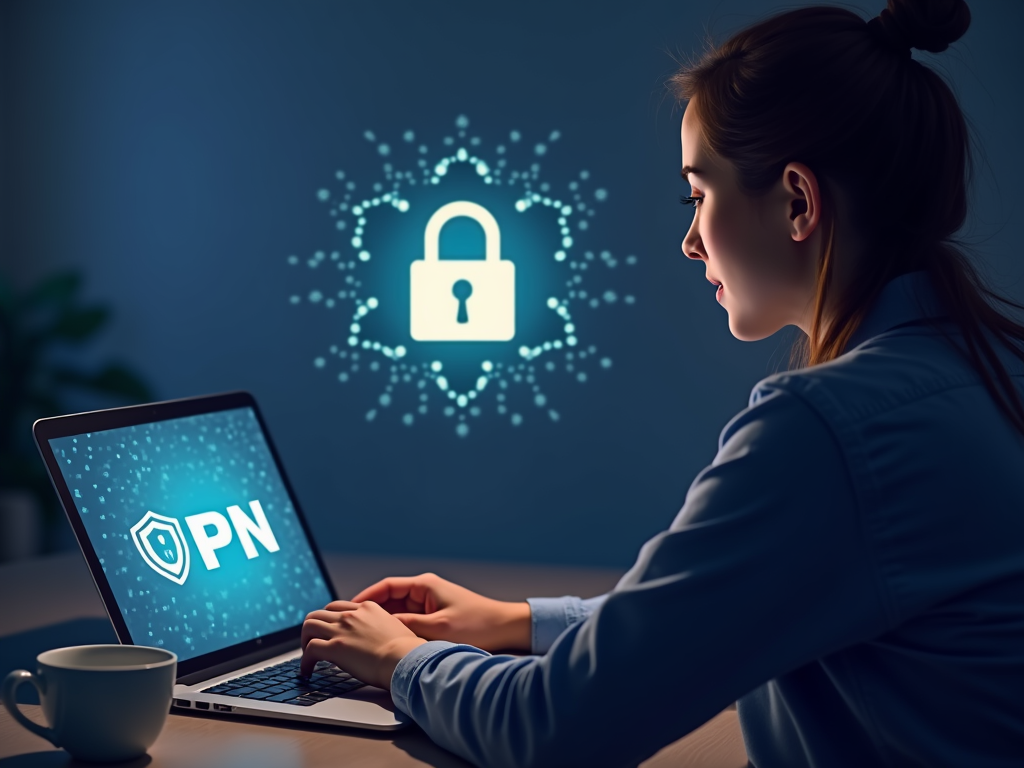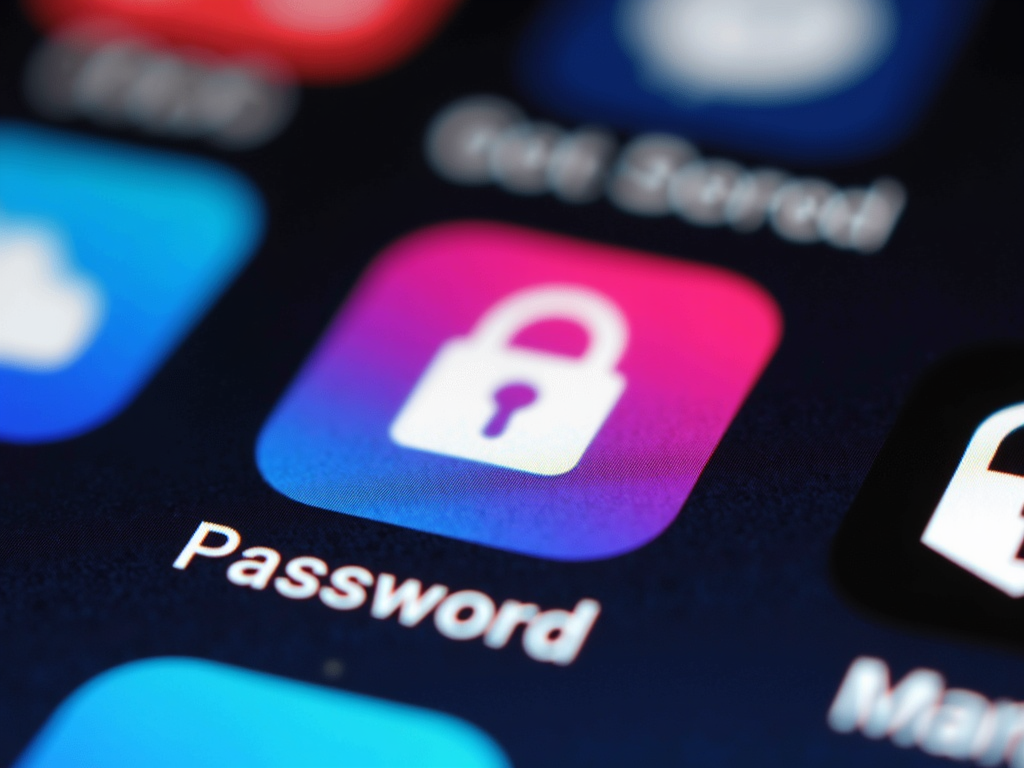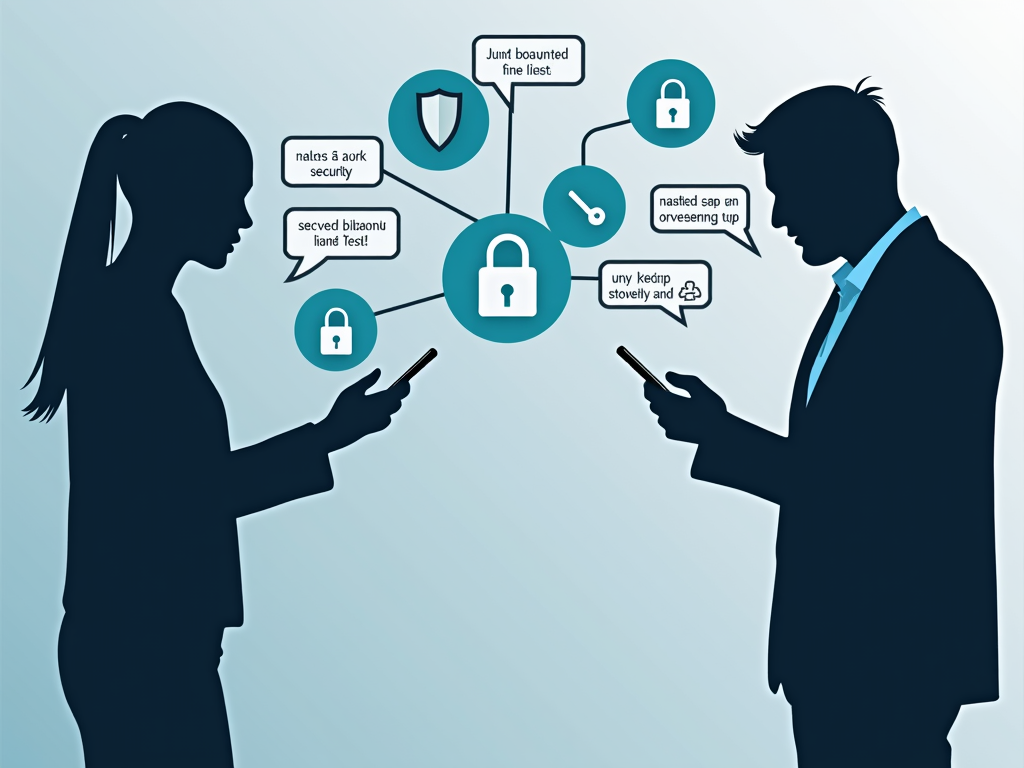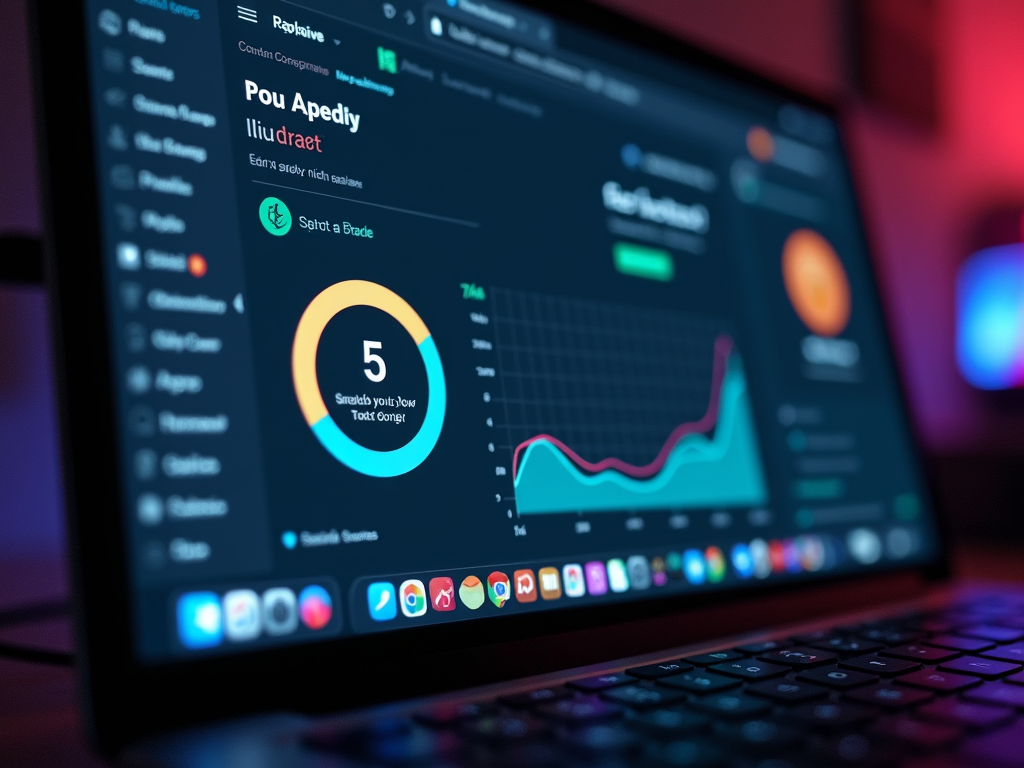Protect Your Digital Life: Essential Online Privacy Tools for Beginners
Overview
In today’s connected world, keeping your online privacy safe is a must. This article dives into essential online privacy tools for beginners. It’s designed to help you protect your personal info with simple, beginner-friendly tools like VPNs, password managers, and more.
Why Online Privacy Matters
Your online activities—like what you browse, buy, or say—can be tracked by companies, hackers, or even your internet provider. Online privacy tools stop this by hiding your data and keeping you in control. I learned this the hard way when I noticed creepy ads following me everywhere after a casual search!

1. Virtual Private Networks (VPNs)
VPNs are a top pick among online privacy tools. They encrypt your internet connection, so no one can spy on what you’re doing. I started using [VPN name] last year after a friend recommended it. Its simple setup and no-logs policy gave me peace of mind, especially on public Wi-Fi. Look for strong encryption and good reviews when picking one. Curious? Check this VPN guide from the Electronic Frontier Foundation.
VPNs hide your location too. Once, while traveling, I used mine to access my favorite shows that were blocked abroad. It’s a small win, but it showed me how powerful these tools can be.

2. Password Managers
Password managers create and store strong passwords for you. No more reusing 'password123'! They also fill in login details automatically. I’ve used [Password Manager name] for three years now. It saved me when an old account got hacked—my other logins stayed safe because each password was unique.
Setting one up is easy. Download it, create a master password (make it tough!), and let it handle the rest. It’s like having a personal security guard for your accounts.

3. Encrypted Messaging Apps
Want private chats? Encrypted messaging apps like Signal keep your messages safe with end-to-end encryption. Only you and the person you’re talking to can read them. I switched to Signal after hearing about data leaks on other apps. It’s simple to use and feels secure.
Convincing friends to join took some effort, but now we all enjoy knowing our talks stay private. Telegram’s another good option if you like extra features like group chats.

4. Secure Browsers
Browsers like Brave or Firefox Focus are built for privacy. They block ads and trackers that follow you around the web. I switched to Brave six months ago. Pages load faster, and I don’t see annoying pop-ups anymore. It’s a small change with a big impact.
These browsers also stop fingerprinting—tricks websites use to identify you. It’s a relief knowing my browsing habits aren’t up for grabs.

5. Anti-Tracking Extensions
Extensions like uBlock Origin or Privacy Badger block trackers on websites. They’re free and easy to add to your browser. I installed uBlock Origin after noticing how many sites were watching my clicks. Seeing the tracker count drop to zero feels satisfying.
Pair these with a secure browser for extra protection. They’re lightweight and perfect for beginners who want quick wins.
How These Tools Work Together
Using just one tool helps, but combining them is even better. Here’s a simple plan:
- VPN: Hides your connection.
- Password Manager: Secures your logins.
- Encrypted Messaging: Locks your chats.
- Secure Browser: Cleans your browsing.
- Anti-Tracking Extensions: Stops sneaky trackers.
I started with a VPN, then added a password manager. Over time, I built a full privacy toolkit.

Getting Started: A Step-by-Step Guide
Ready to try these essential online privacy tools for beginners? Here’s how:
- Pick a VPN: Research one with a no-logs policy. Install it and turn it on.
- Get a Password Manager: Download one, set a strong master password, and update your logins.
- Switch Messaging: Try Signal or Telegram and invite friends.
- Install a Secure Browser: Replace your current browser with Brave or Firefox Focus.
- Add Extensions: Grab uBlock Origin or Privacy Badger from your browser’s store.
Start small. I began with a VPN on my phone and laptop. Within a week, I felt more confident online. You can too!
My Privacy Journey
I wasn’t always privacy-savvy. A few years ago, I used weak passwords and ignored public Wi-Fi risks. Then, a friend’s account got hacked, and it hit me—I could be next. That’s when I explored online privacy tools. Each one I added made me feel more in control. Now, I can’t imagine going online without them.

Tips for Success
- Be Consistent: Use your tools daily.
- Stay Updated: Keep apps current for the latest security fixes.
- Spread the Word: Share what works with friends.
I check my VPN connection every morning—it’s a habit now. Little steps add up.
Summary
Online privacy doesn’t have to be hard. With essential online privacy tools for beginners like VPNs, password managers, encrypted messaging apps, secure browsers, and anti-tracking extensions, you can protect yourself today. Start with one, build from there, and enjoy a safer digital life.